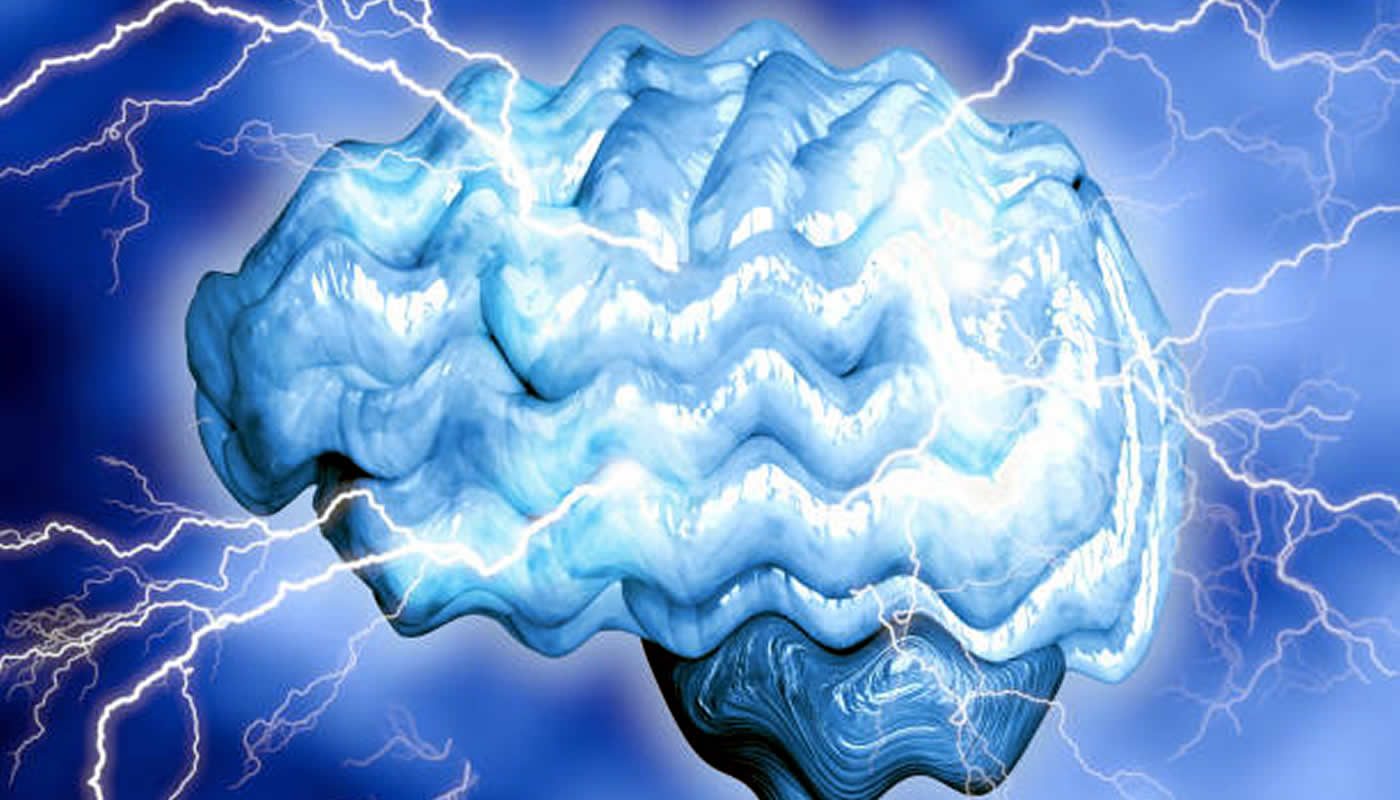- C Landess
- 0 Comments
A seizure is a sudden, uncontrolled electrical disturbance in the brain. It can cause changes in your behavior, movements or feelings, and in levels of consciousness. If you have two or more seizures or a tendency to have recurrent seizures, you have epilepsy.
During a seizure, one may experience, physical convulsion, abnormal behavior, and even loss of consciousness. Some people refer to this electrical outburst in the brain as an ‘electrical storm.’
Causes
Head injury at birth or accidents in adulthood, low oxygen at birth. Although the underlying causes of epilepsy are usually not known, certain factors are known to provoke seizures in people with epilepsy.
Avoiding these triggers can help you avoid seizures and live better with epilepsy:
- Missing medication doses
- Heavy alcohol use
- Cocaine or other drug, such as ecstasy, use
- Lack of sleep
- Other drugs that interfere with seizure medications


Symptoms
With a seizure, signs and symptoms can range from mild to severe and vary depending on the type of seizure. Seizure signs and symptoms may include:
- Temporary confusion
- A staring spell
- Uncontrollable jerking movements of the arms and legs
- Loss of consciousness or awareness
- Cognitive or emotional symptoms, such as fear, anxiety or deja vu
Doctors generally classify seizures as either focal or generalized, based on how and where abnormal brain activity begins. Seizures may also be classified as unknown onset, if how the seizure began isn’t known.
Focal Seizures
Focal seizures result from abnormal electrical activity in one area of your brain. Focal seizures can occur with or without loss of consciousness
Generalized Seizures
Seizures that appear to involve all areas of the brain are called generalized seizures.
When To See A Doctor
Seek immediate medical help if any of the following occurs:
- The seizure lasts more than five minutes.
- Breathing or consciousness doesn’t return after the seizure stops.
- A second seizure follows immediately.
- You have a high fever.
- You’re experiencing heat exhaustion.
- You’re pregnant.
- You have diabetes.
- You’ve injured yourself during the seizure.
If you experience a seizure for the first time, seek medical advice.

